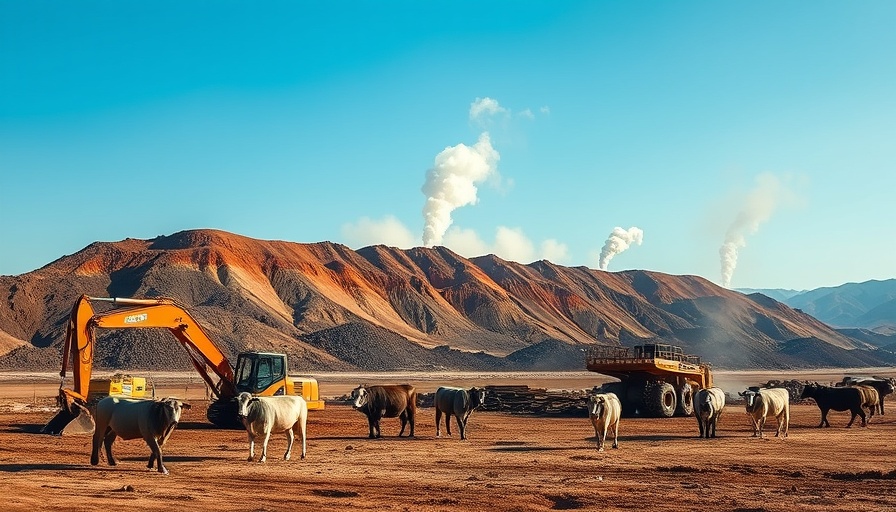
Miccosukee Tribe Takes Bold Step for Wildlife Conservation
In a powerful move amidst cuts to conservation funds, Florida's Miccosukee Tribe is stepping up to protect the environment and wildlife by purchasing land to establish a vital wildlife corridor. This initiative comes as part of a partnership with the Florida Wildlife Corridor Foundation, aimed at connecting 18 million acres of wilderness that serve as habitat for endangered species, including the iconic Florida panther and the Key deer.
Historical Connection to the Land
For generations, the Miccosukee Tribe has played a critical role in the stewardship of Florida's ecosystems, particularly the Everglades. Their deep-rooted history dates back centuries, including events like the Seminole Wars which solidified their fight to protect these lands. Talbert Cypress, chair of the Miccosukee Tribe, remarked, "Our collective Indigenous Knowledge offers a unique perspective informed by this deep and historic relationship to the lands and waters." This initiative isn’t merely a reactive measure against current political decisions; it is a continuation of the tribe's ancestral responsibility to maintain the health and integrity of their environment.
Current Challenges in Conservation Funding
The Miccosukee's commitment to conservation comes against a backdrop of significant federal budget cuts. A recent report revealed that many federally recognized tribes, including the Miccosukee, have collectively lost over $56 million in funding since the beginning of Trump's second term as president. With hesitancy from the government to commit resources, tribal officials express frustration, urging the need for consistent support to uphold their missions.
The Ethical Imperative of Conservation
“We have a constitutional duty to conserve our traditional homelands,” Cypress stated, underscoring the tribe's moral obligation following the cuts to federal programs. The move to create the wildlife corridor is not just about protecting flora and fauna, but also addresses the greater implications of colonization and historical injustices faced by Indigenous peoples, reinforcing their rights to their ancestral lands.
Hope for Future Wildlife Conservation
As the Miccosukee Tribe embarks on this endeavor, it shines a light on the need for collaborative conservation efforts. This initiative is indicative of a larger trend where Indigenous communities are increasingly recognized as essential partners in ecological preservation initiatives. It's not just about protecting cherished lands; it’s about preserving cultural identity and ensuring sustainable environmental practices for generations to come.
Conclusion: A Path Forward
The establishment of a wildlife corridor by the Miccosukee Tribe is a significant development in the ongoing struggle for conservation. By taking control of their destiny and asserting their right to protect their environment, they provide a powerful example for other communities facing similar dilemmas. It’s a reminder that local efforts can lead to monumental impacts on global ecological health.
 Add Row
Add Row  Add
Add 




Write A Comment